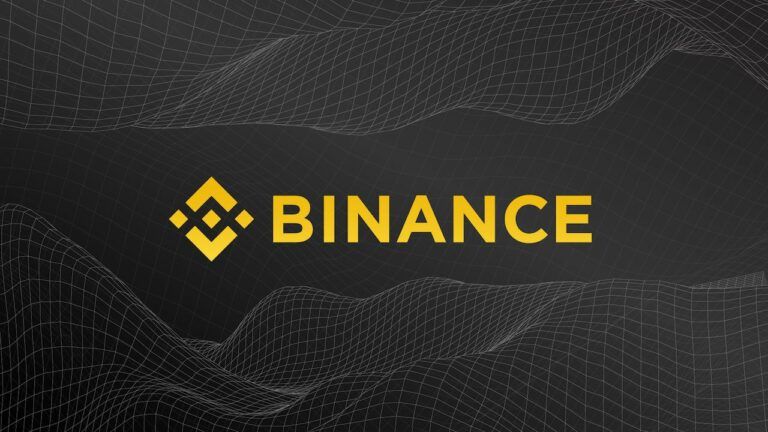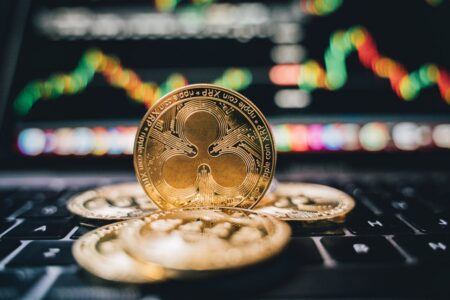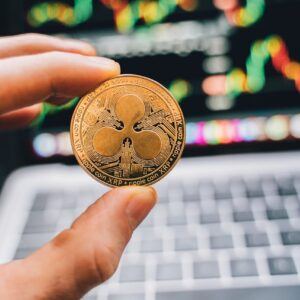In an interview with CryptoGlobe at the recent Delta Summit in Malta, Binance’s managing director Erick Zhang has revealed the monthly trading volume of Binance futures is now over $300 million.
The figure is significant as he made it clear it’s at one-third of the trading volume of Binance’s spot cryptocurrency exchange has per daily – around $1 billion. What’s more, the Binance Futures platform was only launched last month.
During the interview he noted there’s a huge market for institutional investors in the space, and added:
That's why we also introduced our futures product, the volume has been pretty big. It's one third of our spot market volume already – $300 million.
Regarding Binance’s role and future in the cryptocurrency space, Zhang noted that it’s helping users get access to a variety of services and is starting to become a “one stop shop” for cryptocurrencies.
Examples of its services being offered include staking, which allows users to earn crypto on Binance without really trying by staking different cryptoassets. The exchange also allows users to earn with their holdings by lending on its platform.
Zhang, who got into crypto by hearing about it from friends, also revealed Binance’s company culture is “phenomenal” and unlike any he’s ever seen, as transparency, proactiveness, direct feedback, humbleness, and entrepreneurship are encouraged.
When it comes to the firm’s salaries Zhang, clarified that while some of the company’s employees only receive their bonuses in BNB, some choose to take their salary in the firm’s native BNB token.
Binance Chain and Its Decentralized Exchange
Binance’s BNB was initially an ERC-20 token on the Ethereum blockchain, but it was later on launched on Binance Chain, its own blockchain. Using the blockchain, Binance launched Binance DEX, a decentralized cryptocurrency exchange.
Users can trade BNB for various tokens launched on the Binance Chain. To allow users to trade cryptos like bitcoin and ether on it, Binance launched several crypto-pegged BEP32 tokens compatible with its blockchain.
A recent addition to the DEX was an XRP-pegged token called XRP-BF2. Regarding the DEX Zhang noted there’s a significant cost for users to move from a centralized platform to a decentralized one.
Per his words there’s a specific type of user that’s currently using decentralized exchanges – the type of user that’s looking to maintain control of his own private keys while trading. That being said, he noted Binance believe decentralized exchanges are the future.








